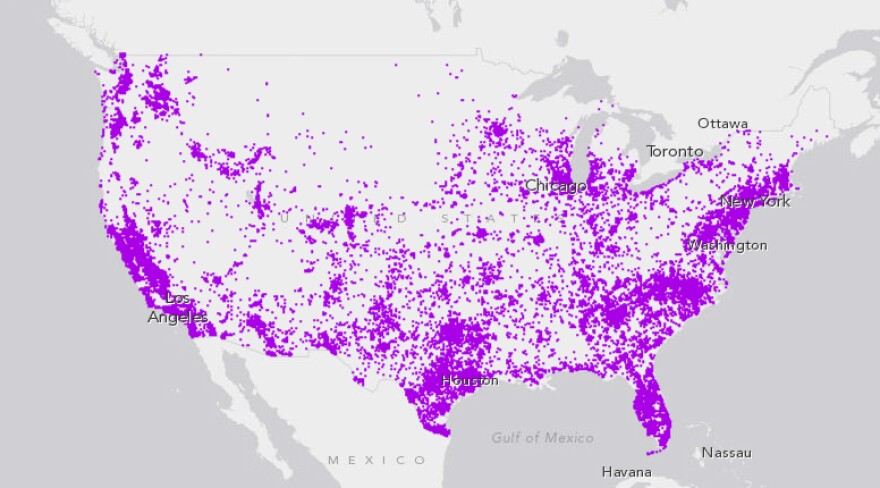"The man who doesn't read good books has no advantage over the man who can't read them" -- Mark Twain.
Dr. John Miller, the author of the America's Most Literate Cities study, which ranked 77 of the nation's largest cities by six groupings of criteria, said that Twain quote perfectly encapsulates his attitude toward literacy.
"I want to see: Do people read? Is this a city where a lot of people get a newspaper? Is it a city where they really use the public library system? Is it a city that attracts lots of publishers of magazines and periodicals and so on," Miller said.
So how did Texas cities stack up to the nation?
"Texas, I think, is an interesting state because there are cities all over the ranking list," Miller said.
Austin led the state at 21.5, Dallas stayed in the top 50 percentile at 37, and then the city ranks start to drop, and fast. San Antonio, El Paso and Corpus Christi claimed three of the bottom five scores in the study.
Take a moment to click around the graphic and compare Texas cities in each category:
Reporters Note: Since the numbers reflect rank out of 77 cities, a high number is a bad thing.
Literacy and Language
Miller said one of the factors that affects the Texas city rankings is the high number of people in the state who don't speak English. The 2011 American Community Survey showed that in Texas nearly 2 million people who said they spoke a language other than English at home spoke English less than "well."
This U.S. Census Bureau map of the continental U.S. takes that number a step further and plots how many people said they spoke Spanish at home but spoke English less than "well." Each dot represents about 100 people.

One of the areas that compares to Texas in this statistic is Florida, but the cities in that state that made the study's list ranked a safe distance from the bottom. Miller pointed to Miami, which ranked 31st in the study, as an exception to the way non-English-speaking communities affect literacy.
"They (Miami) have a huge number of Spanish speakers, but we count, for example, there is a Spanish-speaking daily -- the Miami Herald publishes two papers -- and we count the circulation of the Spanish-speaking daily...Bookstores that only sell Spanish-language books, we count those," Miller said.
Several California cities joined San Antonio, El Paso and Corpus Christi in the bottom of the list but cities on the East Coast -- an area on the census map with a high number of people who speak English less than "well" -- are noticeably missing from the bottom 25 percent.
Are they doing something different from cities in the South and Southwest? What can cities that ranked poorly do to improve literacy in their area? What does it even mean to be literate, anyway?
"It did what I hoped," Miller said, "which was get people to talk some some about: What does it mean to be a literate place? Does it just mean we have good test scores or does it mean that we do things -- that we read."


